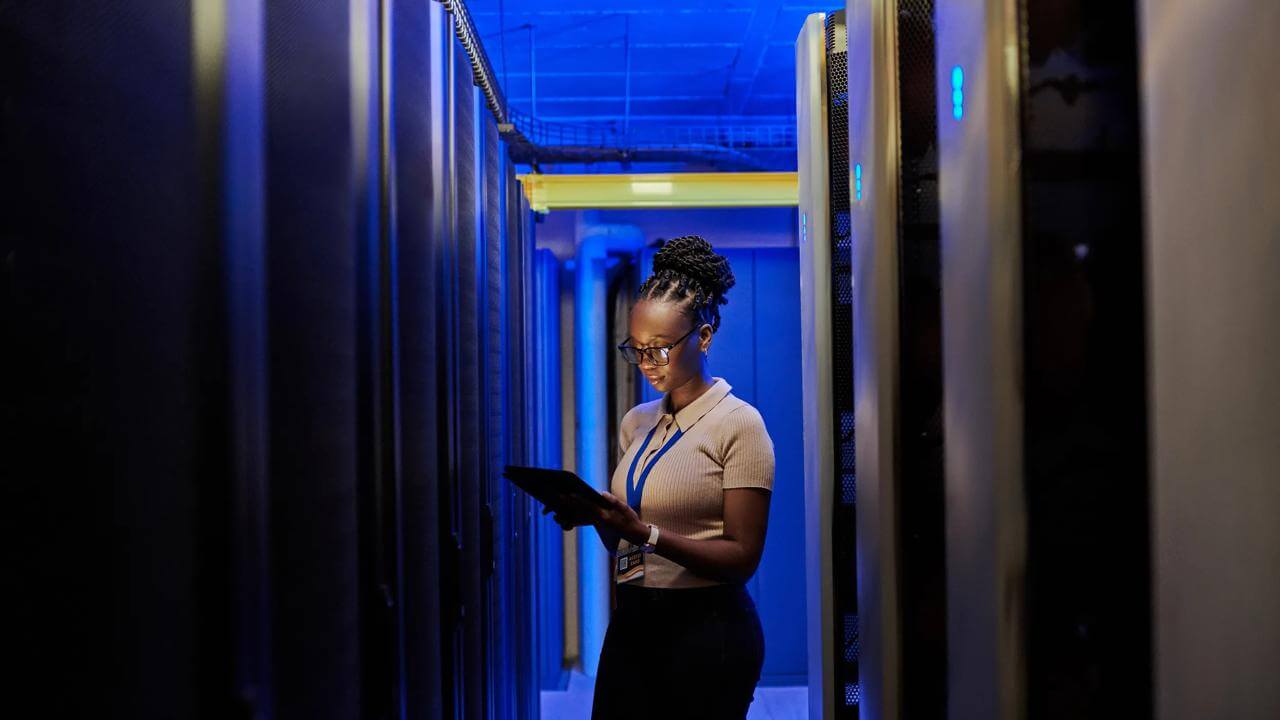Mergers and acquisitions transactions and COVID-19 - 22 April update
We’ve already discussed various practical implications that COVID-19 is having on M&A transactions, but if transactions are continuing to go ahead, what are some of the legal considerations to bear in mind in the current climate?
Please note: the information contained in this legal update is correct as of the original date of publication
We’ve already discussed various practical implications that COVID-19 is having on mergers and acquisitions transactions, but if transactions are continuing to go ahead, what are some of the legal considerations to bear in mind in the current climate?
Purchase price
The first consideration, as ever, will be the purchase price and whether (if you’re a buyer) that you are still paying an appropriate price for the target. During a global pandemic, it is highly likely that the target will have suffered some form of slowdown in business. This will obviously depend on the sector in which the target operates but particularly if it is in the travel or hospitality and leisure sectors, there will inevitably be some uncertainty which may mean that a buyer seeks to renegotiate the transaction terms.
A buyer might also seek to re-structure the transaction and shift some of the risk associated with the current climate towards the sellers. This could include reducing the amount of consideration payable on completion and move towards deferred consideration or earn-out adjustments to try and mitigate a scenario which sees the target fail to recover post-pandemic.
There may be other practical issues around funding – we have seen many Banks revert to their credit committee in the past few weeks, with many Banks seeking to pause their commitments until post-lockdown. Even if the buyer is keen to complete the transaction, this could be a real stumbling block. We’d expect buyers to be communicating with their funders regularly to understand whether there are likely to be delays or whether they require additional comfort in relation to the transaction generally.
Due diligence
Practically speaking, the completion of due diligence will become more difficult. This will be particularly felt where the buyer may have wanted to carry out meetings with management teams or site visits for example. The parties should seek to make use of video conferencing facilities and data rooms to store and share information.
The COVID-19 climate will also raise new questions in the due diligence process and buyer may wish to revisit previously closed workstreams to ensure that they are comfortable with the purchase of the target considering the pandemic. The buyer will also want to understand whether the target has or is planning to take advantage of the help provided to businesses by the Government, notably (but not limited to) the Coronavirus Job Retention Scheme and the Coronavirus Business Interruption Loan Schemes.
In the short to medium term, a buyer may also want to understand whether the business can sufficiently accommodate employees who are working from home – do they need more licences for the relevant computer software in use? Does the target have the ability to hold virtual meetings via software such as Skype? How easy it is for their employees to carry out their job at home and the potential productivity implications this might have if it is not possible?
If the target operates in the manufacturing sector and production is continuing or if certain employees are required to be in the office for another reason, it will be important for a buyer to understand the health and safety implications from a COVID-19 perspective. The buyer may wish to enlist the services of specialists to ensure that the operation of the business is complying with social distancing requirements and that all possible mitigation strategies for the potential spread of the virus are in place and working effectively.
Due diligence should include a review from an insurance broker to see whether any COVID-19 risks are already covered in the target’s insurance policies. It should also include a review of the target’s contractual obligations around force majeure, particularly if there are contracts that the target is not able to perform or if the target’s suppliers or customers are seeking to rely on such terms.
Seller considerations
Sellers should seek to be as cooperative as possible in the due diligence process to include as much information to the buyer around contingency planning and any new procedures that have been put in place. It will also be helpful to highlight to the buyer, those customers or suppliers who are seeking to rely on force majeure clauses or where the target has not been able to fulfil contracts, so that the buyer can conduct specific due diligence on the contractual provisions.
Similarly, when the sellers come to the disclosure process, they should also seek to include relevant Covid-19 related disclosures in the disclosure letter to the extent that they are relevant.
There may be circumstances where buyers seek to include specific indemnities around the impact of COVID-19, although this would be an aggressive tactic. If this is proposed, sellers should not accept this in the first instance although clearly it will depend on the parties bargaining power and necessity to complete the transaction. If such indemnities are included, they should be time limited and specific about the loss that they are seeking to cover. Sellers should also try to include caps to limit their liability.
Consents and clearances
Depending on the sector in which the target operates, there may be additional change of control consents required from regulators (such as the Financial Conduct Authority). Obtaining such consents can usually take several weeks even in “normal” circumstances but parties should build in additional time to the timetable to account for these consents to take longer and potentially be more involved.
Clearances (from HMRC for example) also might be required on transactions and on internal reorganisations. Again, additional time will need to be built into the timetable to reflect the delays that are likely to occur. Particularly where HMRC clearance is required, it is highly likely that such teams will be stretched given the additional workload HMRC is experiencing and hearing back from them could take months rather than weeks.
If there are critical deadlines that need to be achieved in either circumstances, parties should work together to try and mitigate any potential problems or disruption if such deadlines cannot be met due to external factors.
Completion of transactions
There are a number of practical considerations when completing transactions in the current climate – please refer to our previous article for more details.
Contact

Rachael McDonald
Principal Associate
rachael.mcdonald@brownejacobson.com
+44 (0)115 934 2020







































